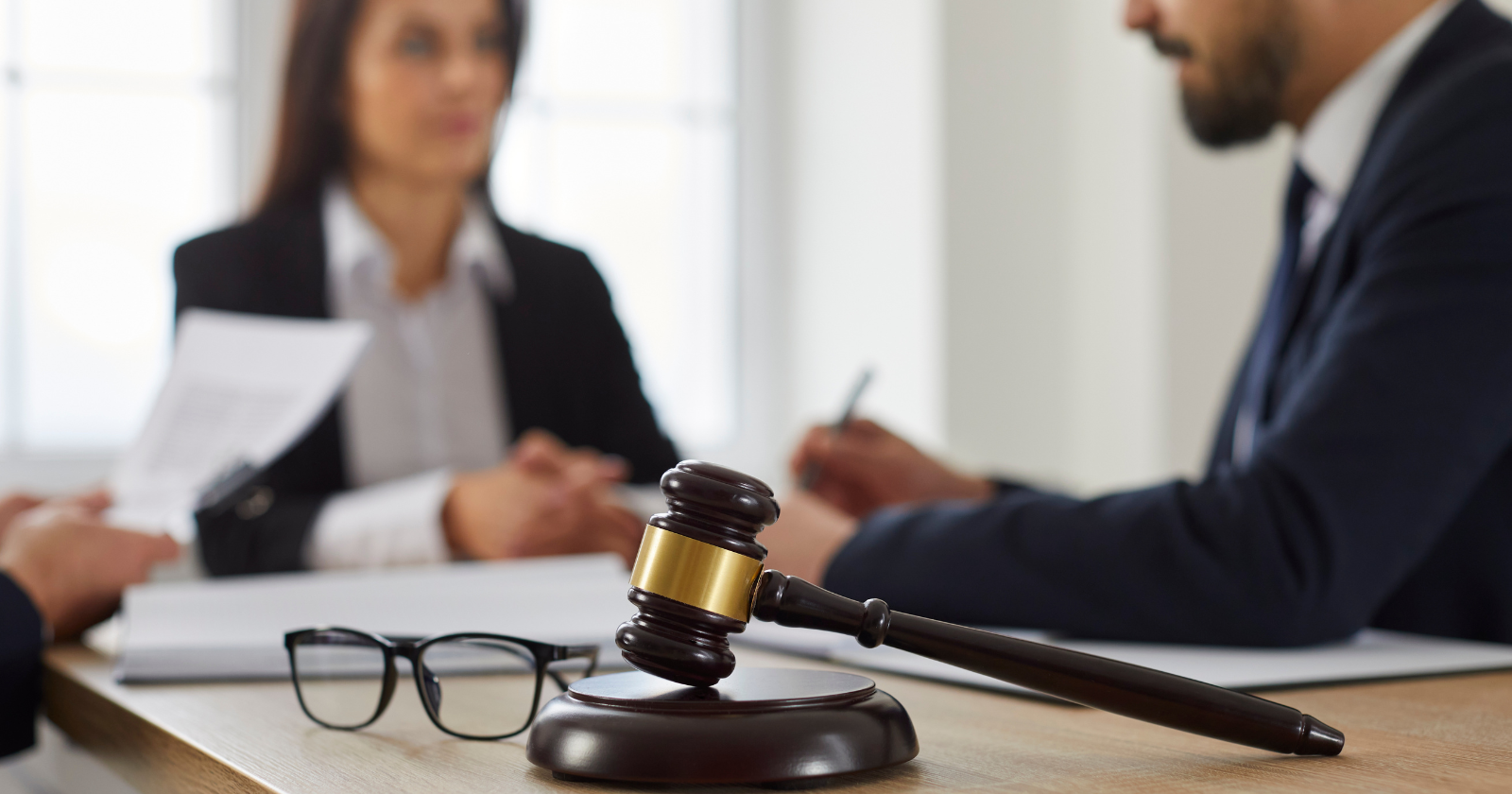Slip and fall incidents can lead to unexpected injuries, medical expenses, and emotional distress. In such situations, understanding the legal aspects of slip and fall cases financemaster.us/ becomes crucial for individuals seeking justice and compensation. This exploration delves into the dynamics of slip and fall cases, the responsibilities of property owners, and the role of legal professionals in advocating for those who have suffered injuries.
Table of Contents
ToggleUnderstanding Slip and Fall Cases
- Establishing Liability: In slip and fall cases, establishing liability is key. Property owners or occupiers have a duty to maintain safe premises and prevent hazards. If negligence is proven—such as failure to address a slippery surface or inadequate warning signage—liability may be attributed to the property owner.
- Common Causes of Slip and Fall Accidents: Slippery or wet surfaces, uneven flooring, poorly maintained walkways, inadequate lighting, and obstacles in pathways are common causes of slip and fall accidents. Identifying the specific cause is crucial in building a case.
- Immediate Action After an Incident: If involved in a slip and fall incident, seeking prompt medical attention is essential for documenting injuries. Additionally, reporting the incident to the property owner or manager and preserving any evidence, such as photographs of the scene, can strengthen a potential legal claim.
Responsibilities of Property Owners
- Duty to Maintain Safe Premises: Property owners have a legal duty to maintain their premises in a safe condition. This includes regular inspections, prompt repair of hazards, and taking preventive measures to reduce the risk of accidents.
- Warning of Hazards: When hazards exist, property owners are obligated to provide adequate warnings. This can include placing warning signs for wet floors, cordoning off dangerous areas, or addressing potential risks to prevent accidents.
- Visitor Classification: The legal responsibilities of property aysegulirem.com/ owners may vary based on the classification of the visitor. For example, a property owner owes a higher duty of care to invited guests compared to trespassers.
Legal Recourse for Victims
- Consultation with a Personal Injury Attorney: Victims of slip and fall accidents can seek legal advice from personal injury attorneys. These legal professionals specialize in assessing the merits of a case, identifying liable parties, and advocating for fair compensation on behalf of the injured party.
- Compensation for Damages: In successful slip and fall cases, compensation may cover medical expenses, lost wages, pain and suffering, and other damages. Personal injury attorneys work to ensure victims receive comprehensive compensation for their losses.
- Negotiation and Litigation: Personal injury attorneys engage in negotiation with property owners or their insurance companies to secure a fair settlement. If negotiations are unsuccessful, they are prepared to take the case to court and represent their clients in litigation.
Seeking Justice and Prevention
- Advocacy for Justice: Legal action in slip and fall cases serves not only to secure compensation for victims but also to hold property owners accountable for negligence. This advocacy contributes to safer premises for all individuals.
- Preventive Measures: Beyond legal recourse, raising awareness about slip and fall risks encourages property owners to implement preventive measures. This includes regular maintenance, prompt hazard resolution, and providing clear warnings when necessary.
Conclusion: Empowering Victims, Promoting Safety
Slip and fall incidents can have significant consequences, but understanding the legal landscape empowers victims to seek justice and compensation. By holding negligent parties accountable, advocating for the rights of the injured, and promoting preventive measures, individuals and legal professionals contribute to a safer environment for everyone.


:max_bytes(150000):strip_icc()/lawyer-researching-on-laptop-while-sitting-in-library-664648015-0275e9b678d542dc955e9b2fd1e3a140.jpg)
